Introduction of HDL vs LDL Cholesterol:
Lipoproteins carry cholesterol through the bloodstream. Cholesterol travels in two different types of lipoproteins:
- It is often called “bad” cholesterol because low-density lipoprotein (LDL) makes up most of your body’s cholesterol. Excessive LDL cholesterol is linked to heart disease and strokes.
- This type of cholesterol, also known as HDL (high-density lipoprotein), absorbs cholesterol and returns it to the liver. The cholesterol is subsequently excreted. People with high HDL cholesterol levels are less likely to suffer a heart attack or stroke.
LDL vs HDL
LDL Cholesterol:
The “bad” cholesterol is LDL, which builds up in blood vessels and raises your risk of health problems such as heart attacks and strokes.
However, cholesterol is not all bad. The body needs it to make healthy cells and hormones, and to protect its nerves.
Dietary cholesterol comes from food, but liver cholesterol is more abundant. In blood, it will not dissolve, so proteins carry it to where it needs to go. Lipopolysaccharides are these carriers. An LDL blob is composed of an outer lipoprotein ring and a cholesterol core. This is known as a “low-density lipoprotein.”
Risks of High LDL Cholesterol
You are more likely to develop the following conditions if you have high LDL cholesterol levels:
- Coronary artery disease
- Peripheral artery disease
- chest pain (angina) and heart attack
- Stroke
What can affect my LDL level?
LDL levels can be affected by a variety of factors, including:
- Your blood cholesterol level rises when you consume saturated fat and cholesterol
- Being overweight increases the level of LDL, lowers the level of HDL, and raises the level of total cholesterol
- Physical Activity. Physical inactivity can contribute to weight gain, which may raise LDL levels
- It lowers your HDL cholesterol when you smoke cigarettes. Having less HDL can lead to a higher level of LDL because HDL removes LDL from your arteries.
- Age and Sex. The cholesterol levels of women and men rise with age. Men of the same age are more likely to have high cholesterol levels than women before menopause. The level of LDL cholesterol in women tends to rise after menopause.
- The amount of cholesterol your body produces partly depends on your genes. Hypercholesterolaemia is often inherited. A form of high blood cholesterol inherited from a parent is familial hypercholesterolemia (FH).
- The level of LDL in your blood can be raised by certain medicines, such as steroids, blood pressure medicine, and HIV/AIDS medications.
- Other medical conditions. HIV/AIDS, chronic kidney disease, and diabetes may cause high levels of LDL cholesterol.
How to Lower High LDL Cholesterol
There are lifestyle changes you can make and/or medications you can take to help reduce your cholesterol levels and your chances of developing a heart condition. You might consider:
- A healthy diet. Avoid consuming foods that are high in saturated fats, cholesterol, and simple carbohydrates such as sugar and white flour. You can eat more fiber and plant sterols, such as margarine or nuts.
- Regular exercise. It’s best to do exercises that get your heart pumping.
- Weight loss. You can reduce your cholesterol levels by even losing five to ten pounds.
- Quitting tobacco. You can reduce the level of LDL by giving up on all tobacco-related products like cigarettes and various kinds of regular chewers.
- Medications like statins don’t allow you to make cholesterol. In addition, ezetimibe (Zetia) lowers cholesterol that the body gets from eating food. In these cases, you might be given shots of PCSK9 inhibitors if you are unable to take statins. This medicine improves your liver’s ability to remove LDL.
HDL Cholesterol:
High-density lipoprotein is also known as HDL. There are several microscopic blobs of HDL cholesterol, each of which includes a lipoprotein rim and a cholesterol core.
HDL cholesterol particles are called high-density because they are dense when compared to other types of cholesterol particles. There isn’t anything wrong with cholesterol. A healthy body needs cholesterol to function properly. Cholesterol helps keep every cell in your body stable.
An HDL particle removes fat molecules from cells, unlike lipoprotein particles, which deliver fat molecules to cells. Triglycerides, cholesterol, and phospholipids make up most of the lipids carried in the body.
As HDL particle concentration increases, the prevalence of atherosclerosis within arteries decreases, reducing the risk of sudden plaque ruptures, cardiovascular disease, stroke, and other vascular conditions. Atherosclerosis can be treated and even reversed by HDL particles, which transport fat molecules away from the artery walls, reduce macrophage accumulation, and prevent or even reverse atherosclerosis.
High HDL cholesterol issues
People with high C-reactive protein levels after having a heart attack are likely to suffer from the effects of high HDL, according to a study published in Arteriosclerosis, Thrombosis, and Vascular Biology.
The liver produces C-reactive proteins in response to high levels of inflammation in the body. Rather than serving as a protective factor for heart health, high HDL levels in these individuals may increase their risk of heart disease.
If you have this type of inflammation, your body may still process HDL differently, even if your levels are still within the normal range. 767 people without diabetes who had recently suffered a heart attack were studied. Data from the study was used to predict heart disease outcomes for study participants, and they found that those with high levels of HDL and C-reactive protein were at particularly high risk.
What Causes High HDL Levels?
Your HDL level can rise above 60 mg/dL for a few reasons. Many of them can be controlled. Some of them cannot.
Your genes. High HDL cholesterol is associated with certain genes. A high HDL level is sometimes protective against heart disease, but it can also increase the risk. Your doctor might refer you to a genetic counselor or cardiologist if you have high HDL and a family history of heart disease, a heart attack, or a stroke.
Your diet. Fish, nuts, and green leafy vegetables high in unsaturated fats raise HDL levels positively. The calorie count of certain foods increases HDL levels too much.
- Red meat
- Cream and other full-fat dairy products
- Butter
- Cheese
- Cookies, cakes, and other baked goods
- Fried foods
HDL levels can also be raised by excessive alcohol consumption.
Medications. Here are some examples of medications that can raise HDL levels:
- A statin drug is a medication taken to lower triglycerides or to lower LDL cholesterol
- Contraceptive pills
- Treatment for menopause with hormone replacement
- Preventing seizures with drugs
Menopause. In fact, “the change” decreases HDL cholesterol, even though it does not spike it. Women tend to have higher HDL levels early in their lives, so they are more protected from heart disease. Female hormones such as estrogen seem to boost HDL levels. After menopause, estrogen levels decrease, changing the way HDL cholesterol works in the body, which makes it less protective against heart disease.
Thyroid problems. Cholesterol is broken down by thyroid hormones. Hypothyroidism causes both HDL and LDL cholesterol levels to be higher in people whose thyroid gland is underactive.
Treating High HDL Cholesterol
High HDL cholesterol may not require treatment if you do not have symptoms or other heart disease risks. Eating less fat and drinking less alcohol may help lower your HDL. You may also have to change your medications if you are taking a statin or another drug that increases HDL levels.
Boost your HDL cholesterol levels
You can increase your HDL cholesterol levels by making the following lifestyle changes:
- Physical activity. A minimum of 40 minutes of moderate-intensity aerobic exercise 3 to 4 times a week is recommended by experts.
- Limit saturated fats (full-fat dairy, meats) and trans fats (certain baked goods, fried foods).
- Give up smoking (tobacco products lower HDL cholesterol and raise LDL cholesterol as well as triglycerides).
- Limit consumption of alcoholic beverages (up to two drinks a day for men 65 and older, and up to one drink per day for women of all ages).


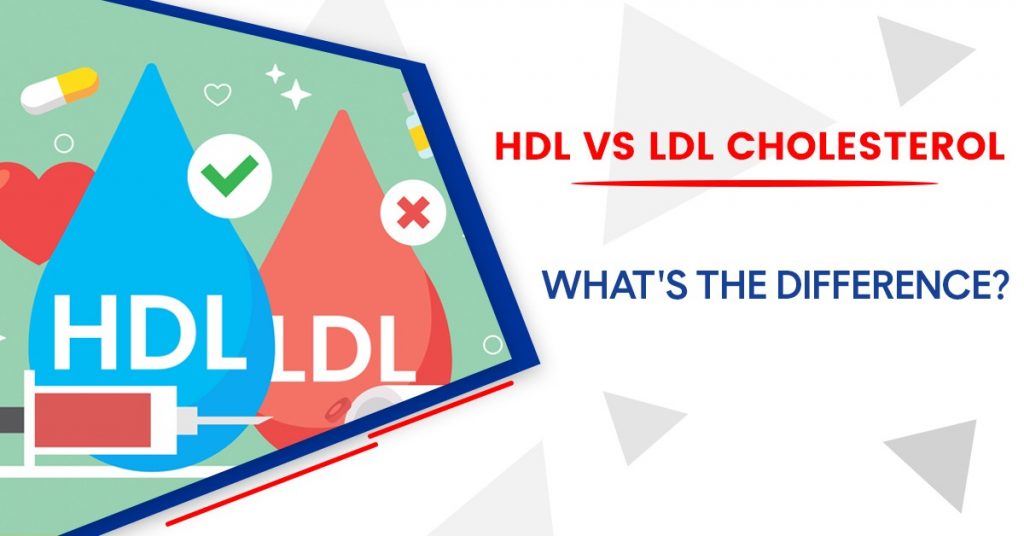




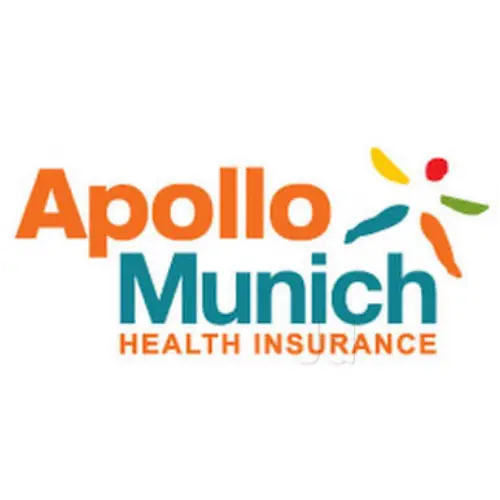





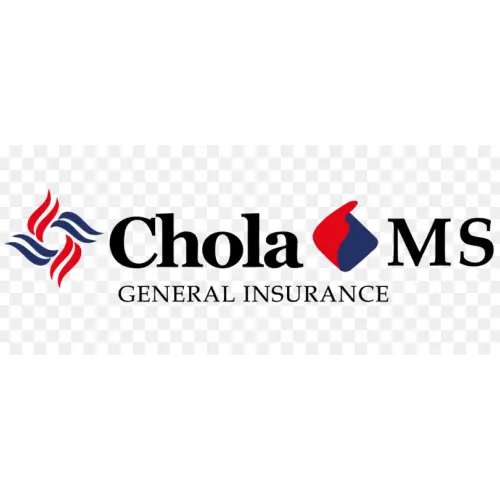
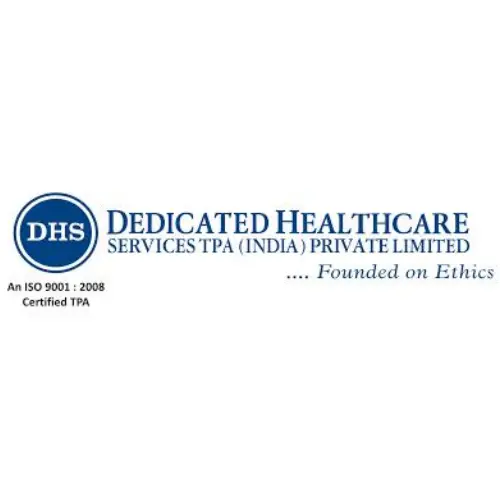



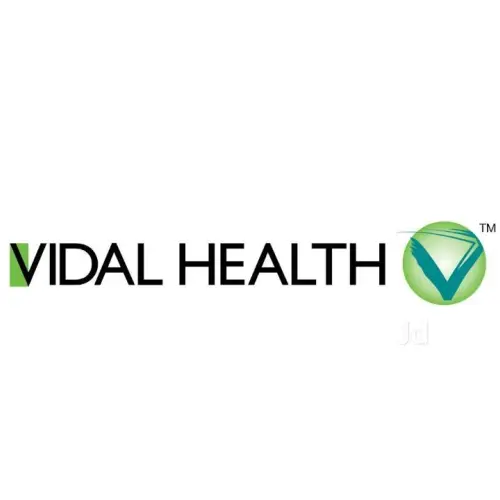


 Disclaimer: The information on the Web Site is provided for informational purposes only and is not meant to substitute the advice provided by our doctor or other health care professional. You should not use the information available on or through the Web Site for treating a health problem or disease or prescribing any medication. All images used on this website are for illustrative purposes only,
Disclaimer: The information on the Web Site is provided for informational purposes only and is not meant to substitute the advice provided by our doctor or other health care professional. You should not use the information available on or through the Web Site for treating a health problem or disease or prescribing any medication. All images used on this website are for illustrative purposes only,